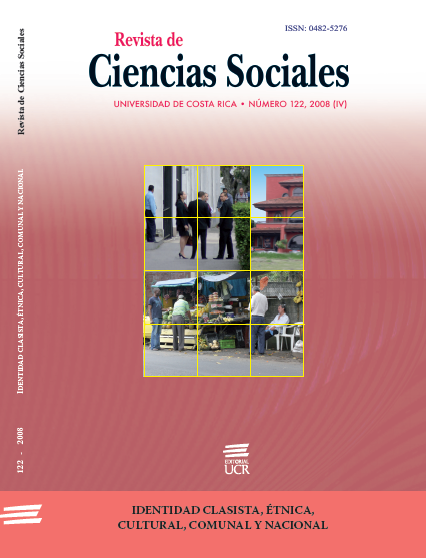Abstract
To what extent do conditional cash transfer (CCT) programs, the “star” programs of the new generation of Latin American public policy, promote or inhibit greater degrees of gender equality? Using a novel theoretical-empirical tool for the study of gender equality, and based on primary and secondary information, our analysis compares three countries with contrasting welfare regimes, Chile, Costa Rica and El Salvador. In terms of gender equality, although CCT programs are based on assumptions that exacerbate the historical division of labour between women and men, they can also debilitate it.Comments
Downloads
Download data is not yet available.


